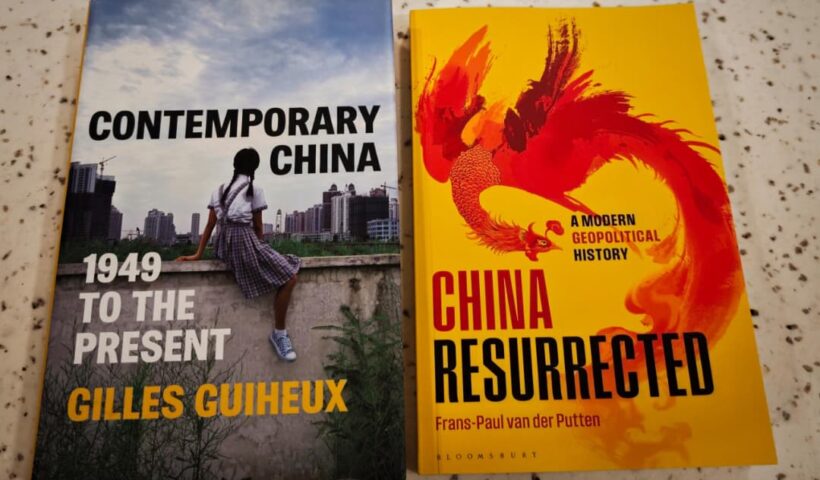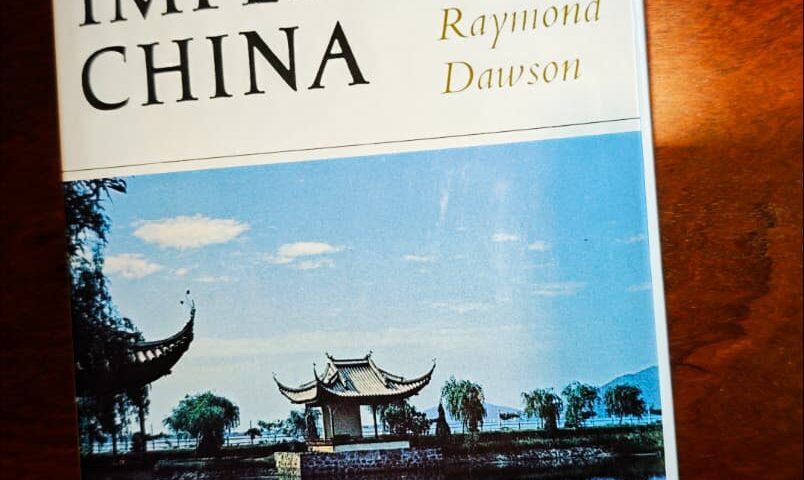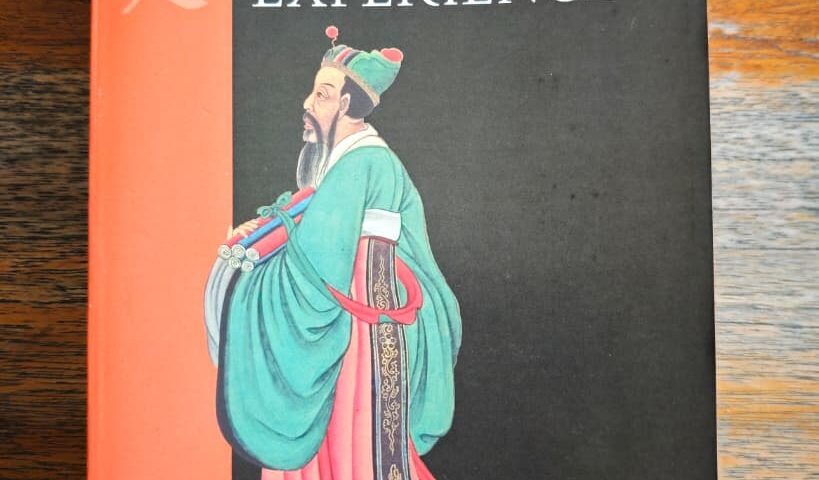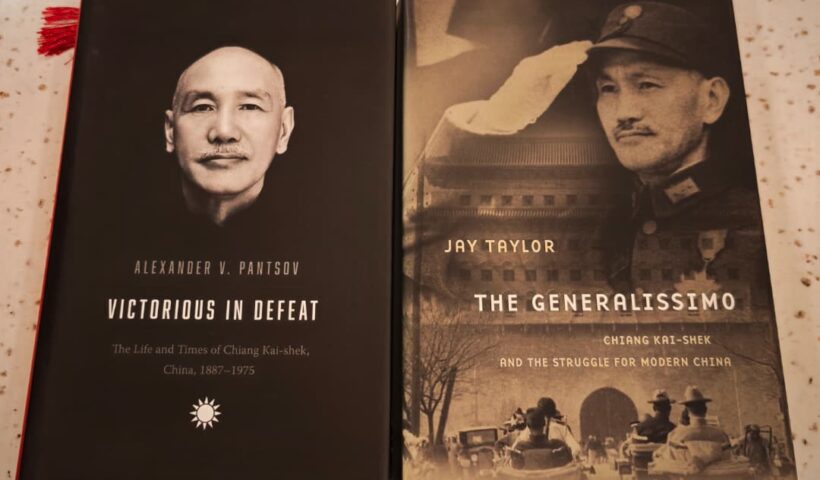Woodblock printing originated in China in the Tang dynasty and spread to Japan. So why did it become more culturally prominent and enduring in Japan?…
View More Woodblock: From Print to ArtTag: Chinese History (Books)
Yellow and two recent books on China
These 2 recent books were bought by me to understand how far China has progressed since 1949. China Resurrected (2025) is a political history from…
View More Yellow and two recent books on ChinaImperial China – Part 1
The stability of the Chinese civilisation pre-1900 compared to the instability of European civilisation in the same period is striking. In Europe, there were constant…
View More Imperial China – Part 1The Chinese Experience
The Chinese Experience by Raymond Dawson is an old book. Written and published in 1978 by an Oxford lecturer in Chinese history, it is an…
View More The Chinese ExperienceThe Three Kingdoms and Chiang Kai-shek
It is a well-known fact that Chiang Kai-shek is steeped in the Chinese classics. One wonders, therefore, whether this famous quote from the Three Kingdoms…
View More The Three Kingdoms and Chiang Kai-shekThe Golden Urn – Part 2
In this deeply researched book by Max Oidtmann, a German professor of Chinese history, we learn that the Golden Urn was used by the Qing…
View More The Golden Urn – Part 2Tianjin Cosmopolis – Part 1
The Siege of Tianjin was part of a wider assault on foreigners in northern China, including the more famous Siege of the Legations in Peking…
View More Tianjin Cosmopolis – Part 1After Empire – Part 1
“The empire, long divided, must unite; long united, must divide.” Thus begin the famous opening lines of The Three Kingdoms, by Luo Guan Zhong, summarizing…
View More After Empire – Part 1China and Japan – Part 1
Emperor Hirohito’s surrender speech, delivered on August 15, 1945, over the radio, was in classical Japanese that was heavily influenced by classical Chinese, especially in…
View More China and Japan – Part 1Buddhism in China – Part 2
During and post-Mao Under Mao, all religions, including Buddhism, were regarded as “feudal superstitions.” After Mao died, Deng Xiaoping allowed the restoration of religious sites…
View More Buddhism in China – Part 2









